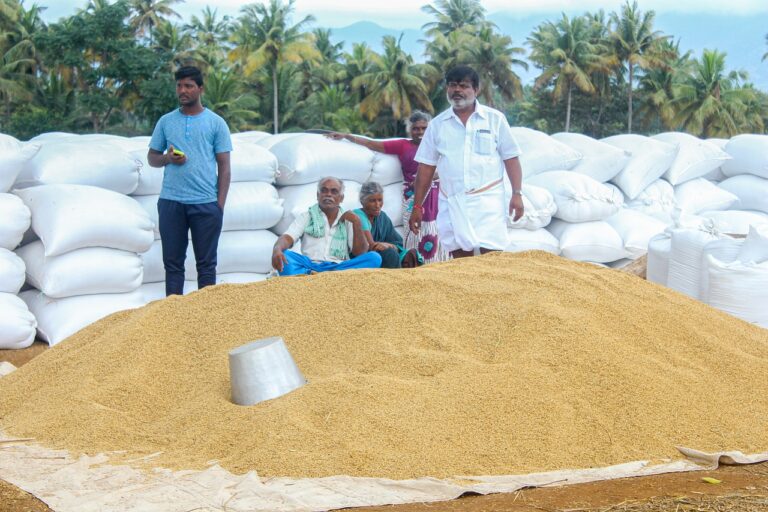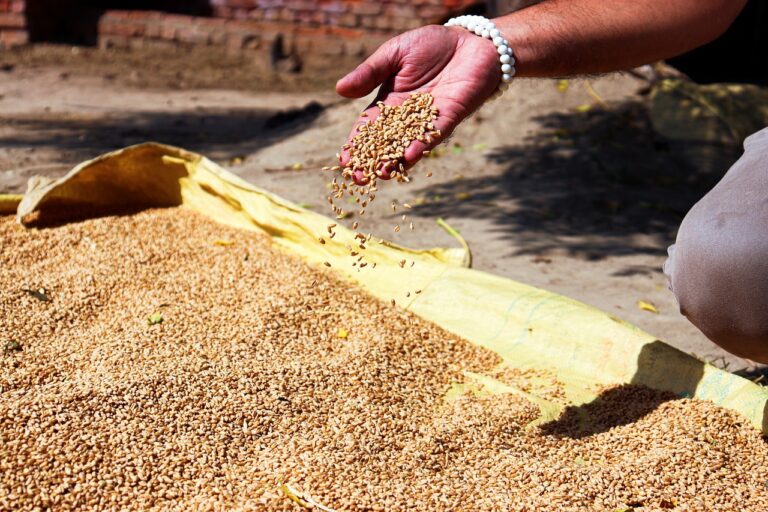Analyzing the Impact of Election Day Voter Misinformation on Democratic Processes: 11xplay pro, Tiger 247 login, Betbook
11xplay pro, tiger 247 login, betbook: Analyzing the Impact of Election Day Voter Misinformation on Democratic Processes
In recent years, there has been a growing concern about the impact of misinformation on elections, particularly on Election Day. Misinformation can be spread through various channels, such as social media, websites, and even in-person interactions. This misinformation can have a significant impact on democratic processes by influencing voters’ decisions and potentially undermining the integrity of the election. In this article, we will explore the potential impact of election day voter misinformation on democratic processes.
The Spread of Misinformation
Misinformation can spread rapidly through social media platforms, where false information can be easily shared with a large audience. During elections, misinformation can take many forms, such as false claims about candidates’ policies, misleading information about voting procedures, and even fabricated stories about voter fraud. This misinformation can confuse voters, suppress voter turnout, and ultimately undermine the democratic process.
Impact on Voter Turnout
One of the most significant impacts of election day voter misinformation is its potential to suppress voter turnout. When voters are exposed to false information about candidates or voting procedures, they may become disillusioned or confused, leading them to stay home on Election Day. This can have a significant impact on the outcome of an election, as voter turnout plays a crucial role in determining the legitimacy of the results.
Undermining Trust in the Electoral Process
Misinformation can also undermine trust in the electoral process, which is essential for a functioning democracy. When voters are exposed to false information about voter fraud or election rigging, they may begin to doubt the legitimacy of the election results. This can lead to widespread skepticism about the electoral process, eroding the public’s confidence in the democratic system.
Combatting Misinformation
To combat the impact of election day voter misinformation on democratic processes, it is essential to educate voters about the risks of misinformation and provide them with accurate and reliable information. Election officials, candidates, and the media play a crucial role in debunking false information and ensuring that voters have access to trustworthy sources of information. Fact-checking organizations can also help identify and counter false information circulating online.
FAQs
Q: How can voters protect themselves from election day misinformation?
A: Voters can protect themselves from misinformation by verifying information from multiple sources, fact-checking claims before sharing them, and being cautious of information shared on social media.
Q: What role do social media platforms play in combating election day misinformation?
A: Social media platforms play a crucial role in combating misinformation by implementing fact-checking mechanisms, labeling false information, and removing misleading content from their platforms.
Q: What can election officials do to address misinformation on Election Day?
A: Election officials can address misinformation by providing accurate information to voters, monitoring social media for false information, and collaborating with fact-checking organizations to debunk misinformation.
By understanding the impact of election day voter misinformation on democratic processes, we can better equip ourselves to combat this growing threat to our electoral system. It is crucial for all stakeholders, including voters, candidates, and election officials, to work together to ensure the integrity of our elections and protect the democratic process from the harmful effects of misinformation.







